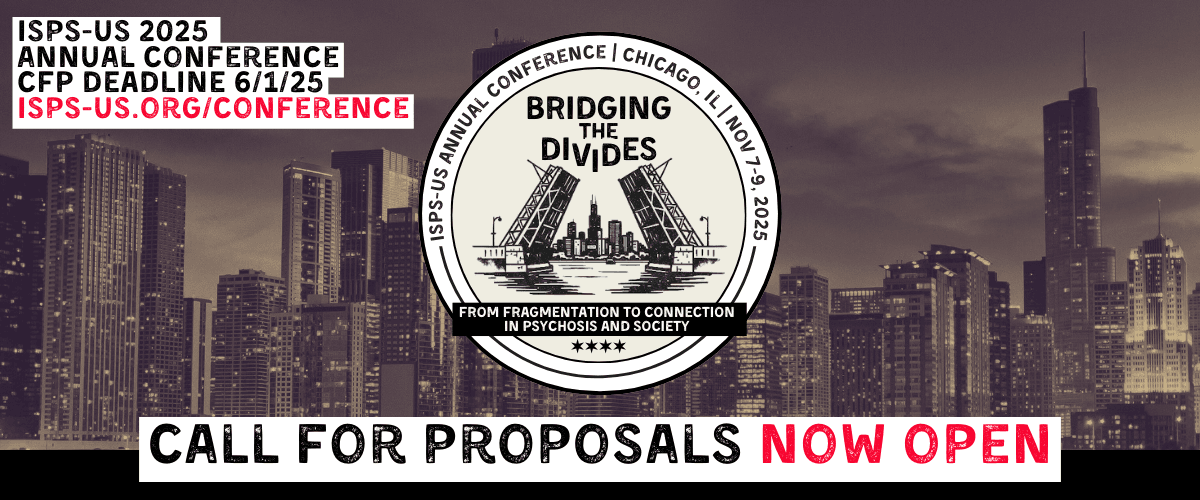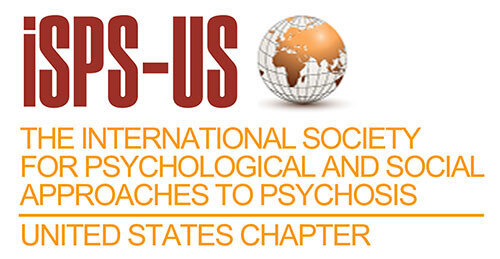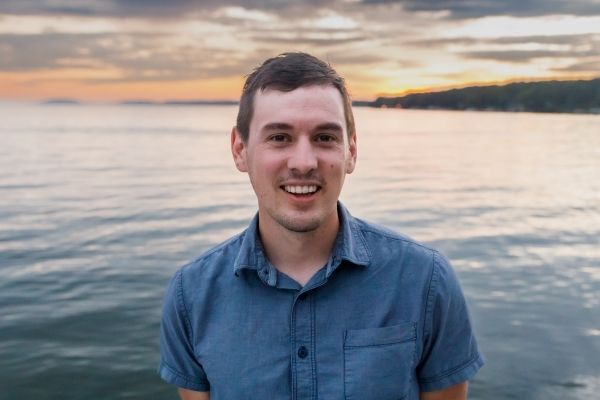Join us in Chicago and online on Zoom for ISPS-US's 2025 Annual National Psychosis Conference!

ISPS-US 24th Annual Conference
November 7th: Pre-conference workshop TBA | November 8-9th: Full Conference
University Of Illinois Chicago, Student Center West | Hybrid Online
Bridging the Divides: From Fragmentation to Connection in Psychosis and Society
Ours is a fractured time. Splits and fissures run through every aspect of our experience, internal and external, personal, familial, and social. In the realm of mental health, and particularly in the understanding and treatment of psychosis, these divides are especially palpable. There are widening clinical ideological rifts, disconnection between the realities of those experiencing symptoms and those providing care, and a chasm between what we dream to be possible in the mental health system and what currently exists.
As we face the deepening divides in our country and in our world, and witness the impacts of concentrations of wealth, power, and control upon our daily lives, we recognize the process of healing is not only personal but collective. Individuals working to integrate or recover from experiences of extreme states have often led the way in confronting fragmentations — psychical, racial, economic, gender-based, cultural — and in formulating responses that are both creative and effective.
The ISPS-US 24th Annual Conference will offer an opportunity to hold these responses together in community, and to explore ways to address and transcend their interlocking reverberations in psyche, family, and society. Through dialogue, collaboration, and advocacy, we will work to bridge the gaps between perspectives, disciplines, and lived realities in psychosis care and beyond.
We hope you will join us to celebrate ISPS-US as a growing hub for transformative thought and action.
See you in Chicago!
Registration opening soon. Sign up to our mailing list to be the first to know!



